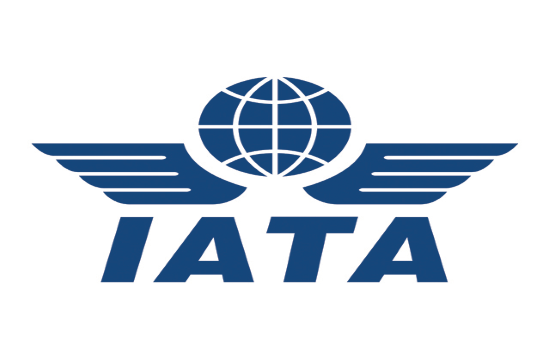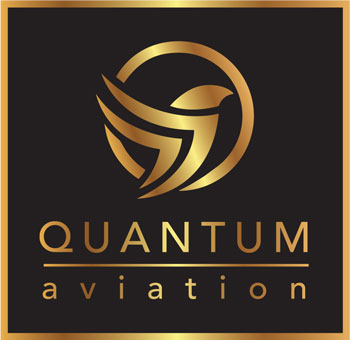
Le One is a new Maltese charter airline, planning to start operations on June 1 from Naples
March 12, 2019
IATA Launches CEIV Fresh
March 12, 2019Singapore – The International Air Transport Association (IATA) called on governments and the air cargo industry to focus on three priorities to accommodate the expanding demand for air cargo and ensure the economic and social benefits of aviation can be maximized.
The three priorities are;
Accelerating the speed of process modernization,
Implementing and enforcing global standards, and
Keeping borders open to trade.
The call came during the opening address by Alexandre de Juniac, IATA’s Director General and CEO, at the 13th World Cargo Symposium.
The operating environment for air cargo is increasingly challenging. Demand for air cargo grew by 3.5% in 2018, a significant deceleration from 2017 which saw extraordinary growth of 9.7%. Weakening global trade, sagging consumer confidence and geopolitical headwinds contributed to a general slowdown in demand growth commencing in mid-2018. And January 2019 saw a year-on-year contraction of 1.8%.
Modernization
IATA called for the modernization of industry processes. This will be critical to efficiently meet the doubling of demand expected over the next two decades. And it is already being called for by customers of the industry’s most promising growth markets—e-commerce and the transport of time – and temperature-sensitive goods such as pharmaceuticals and perishables.
Aligned with a resolution on modernizing air cargo from the 2017 IATA Annual General Meeting, IATA called for faster progress on the digitization of the supply chain and more effective use of data to drive improvements in operational quality. The industry’s digital vision is focused on four areas:
- Global implementation of the e-Air Waybill (e-AWB);
- Universal adoption of a common data language—Cargo XML standards;
- Smart data sharing;
- And use of performance data to drive quality improvements.
IATA also called for modernization of air cargo facilities. “The e-commerce world is looking for fully automated high-rack warehouses, with autonomous green vehicles navigating through the facility, and employees equipped with artificial intelligence and augmented reality tools. The average cargo warehouse today is an impressive sight. But there is a huge gap to fill,” said de Juniac.
“The problem is not technology. The problem is the speed to market. It’s exceptionally tough to drive change in a global industry with a huge number of stakeholders where safety is top priority. But it is not mission impossible. I challenge stakeholders to find ways to drive critical change at the speed our customers expect,” said de Juniac.
Global Standards
IATA urged governments to ensure that global standards are consistently implemented and enforced when necessary. In this regard, de Juniac highlighted two examples:
Global standards for the safe transport of lithium batteries: “Global standards are being ignored by rogue shippers. And governments are not enforcing the rules. In some cases, we see more effort going into stopping counterfeit production of Louis Vuitton bags than lithium batteries. Both need attention. But lithium batteries are a safety risk. And we need governments to do better at enforcement,” said de Juniac.
Implementation of global agreements to make trade simpler, cheaper and faster: IATA called on governments to implement three important agreements: (1) The World Trade Organization’s Trade Facilitation Agreement, (2) the Montreal Convention 1999 (MC99); and (3) revisions to the Kyoto Convention of the World Customs Organization.
Borders that are open to trade
IATA urged governments to keep borders open to trade. “Protectionism, trade friction, BREXIT and anti-globalization rhetoric are part of a genre of developments that pose real risk to our business and broadly across the economies of the world. We need to be a strong voice reminding governments that the work of aviation—including air cargo—is critically important. Trade generates prosperity. And there are no long-term winners from trade wars or protectionist measures,” said de Juniac.
The need to keep the world trading aligns with the theme of the 13th World Cargo Symposium—Enabling Global Trade. “Enabling global trade is a mission of great importance. It helps economies to grow. And in doing so it promotes better livelihoods and a better quality of life for real people in every corner of the planet. This is an integral part of why we call aviation the Business of Freedom. And nothing should stand in the way of air cargo delivering its unique contribution to the prosperity of our world,” said de Juniac.


